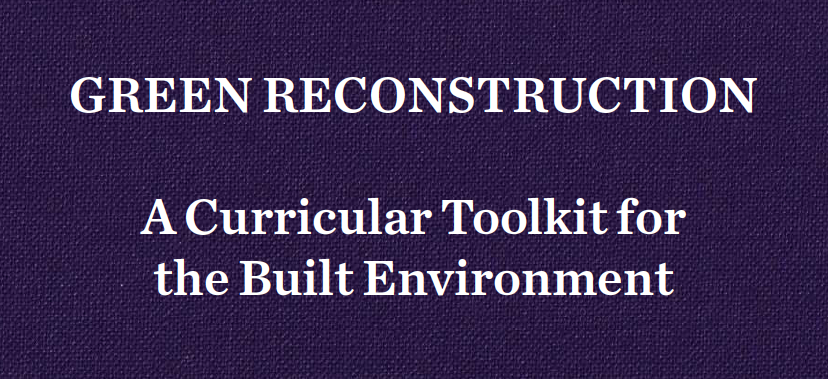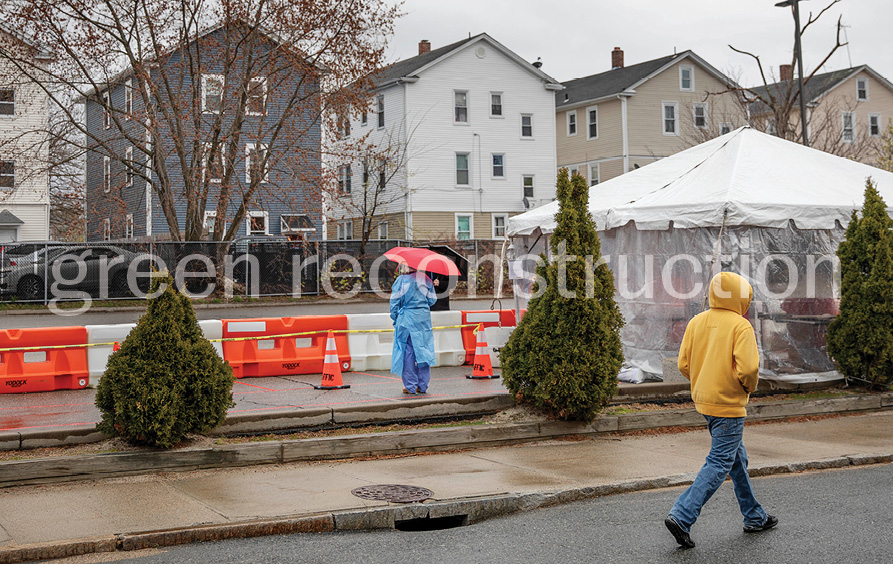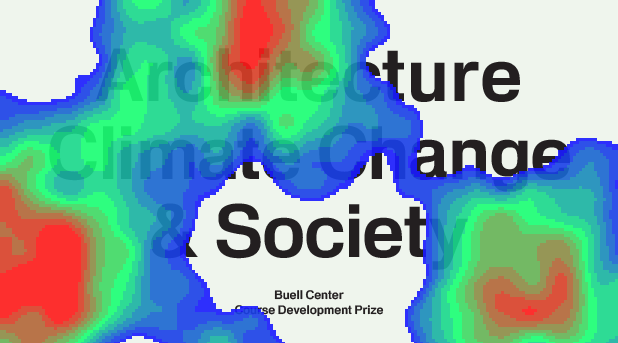Design by MTWTF
Featured
Change is learned. On the streets and in the public sphere, imagination, knowledge, and know-how go hand in hand. At a time of mounting social and ecological turmoil, planning and designing a just, equitable built environment requires professional focus anchored in intellectual ambition. Rote allegiances to orthodoxy must reorient toward new realities. Professional education, in short, must be rethought. For the arts and sciences of the built environment, change therefore begins in the classroom, as a shared learning that rebuilds the imagination from the ground up: Green Reconstruction.
Before windows are broken, they must first be designed as unbroken. Before neighbors are targeted, their neighborhoods must first be envisioned as property — rather than lives — needing protection. Though the prominence of policies stemming from the Broken Windows theory of policing policies has in many ways abated, the theory's material and imaginative force remains woven into society all around us.
Design by Morcos Key
Public service announcements (PSAs) borrow private networks for the purposes of public pedagogy. In a related spirit, the Buell Center has created two Green Reconstruction PSA campaigns, which are available to share in whole or in part.
Columbia University’s Temple Hoyne Buell Center for the Study of American Architecture announces, together with the Association of Collegiate Schools of Architecture, the recipients of the Course Development Prize in Architecture, Climate Change, and Society.



